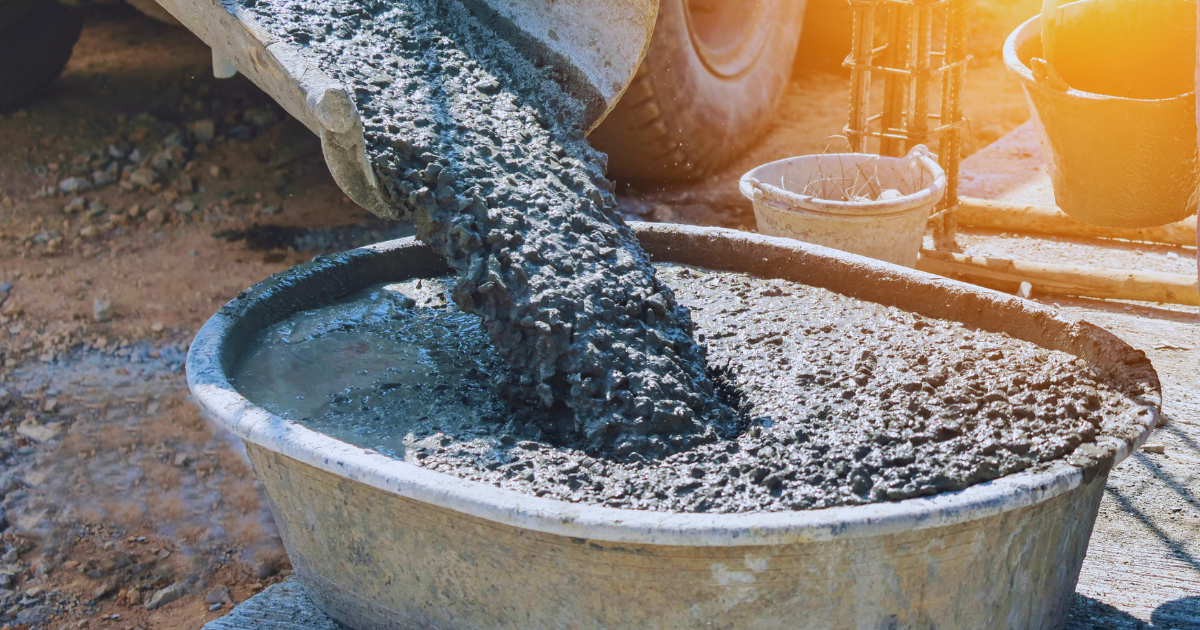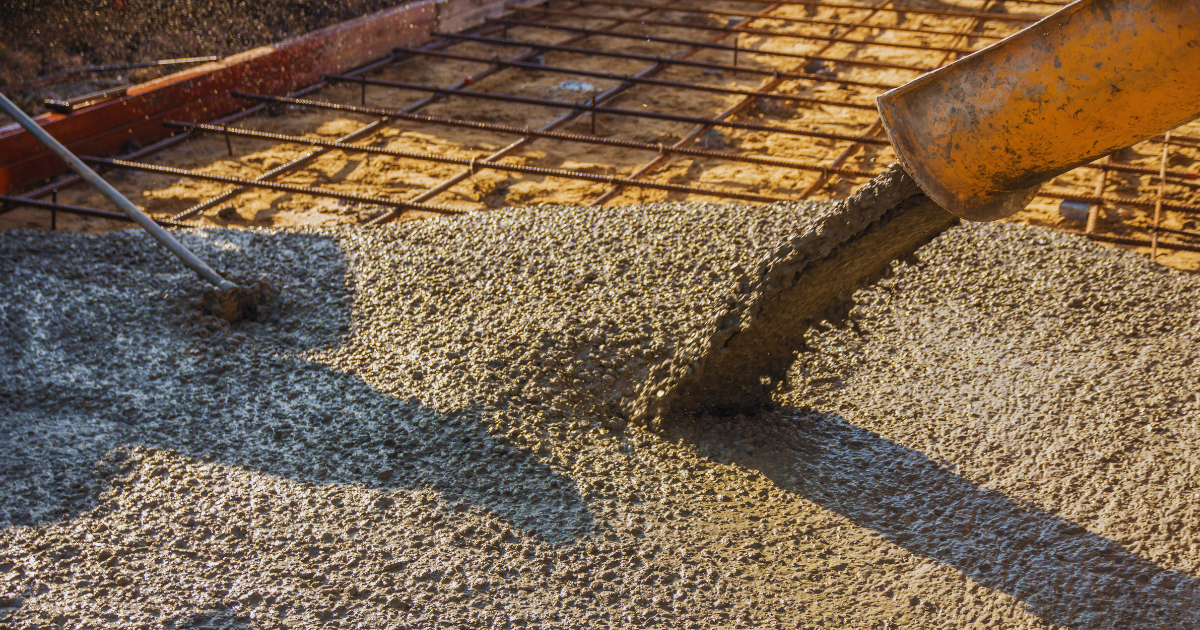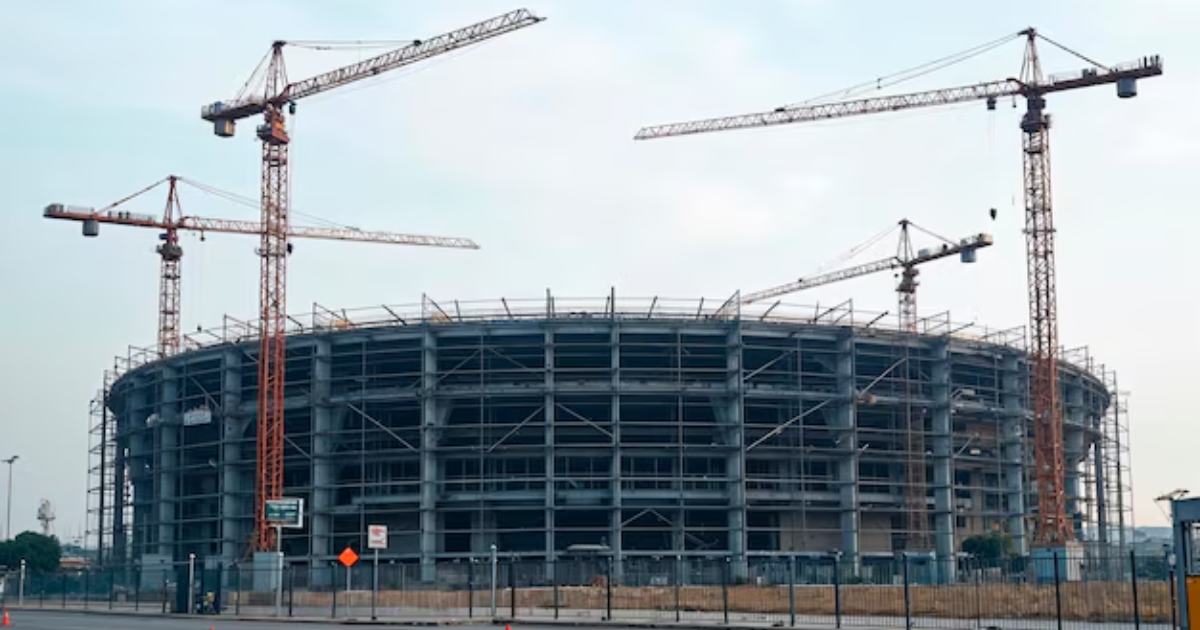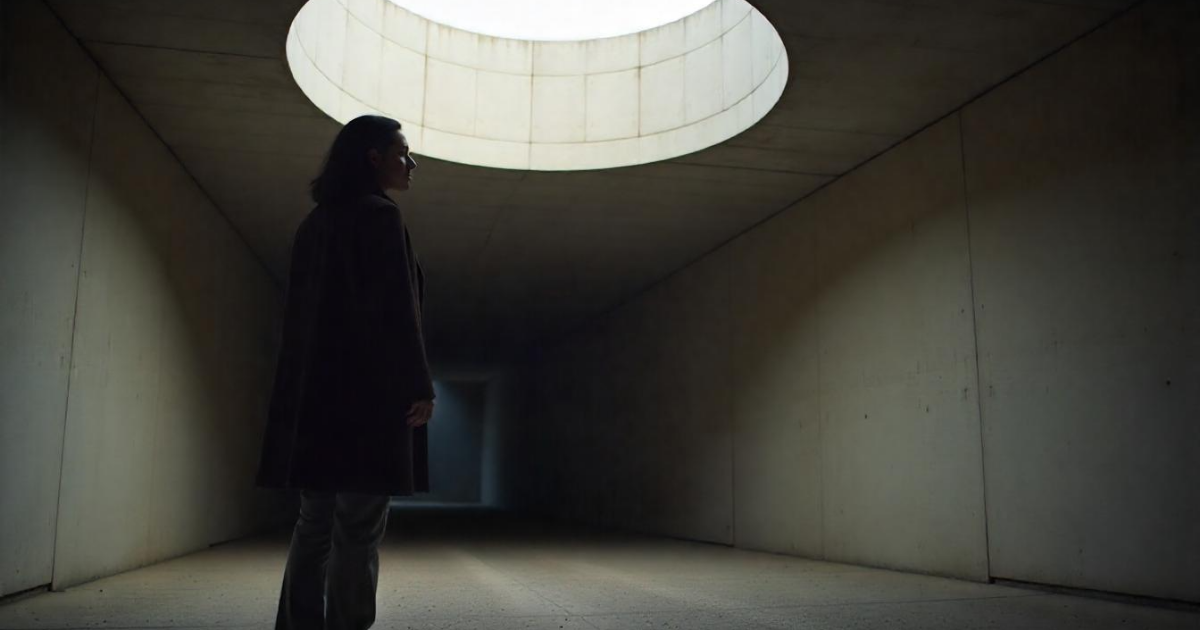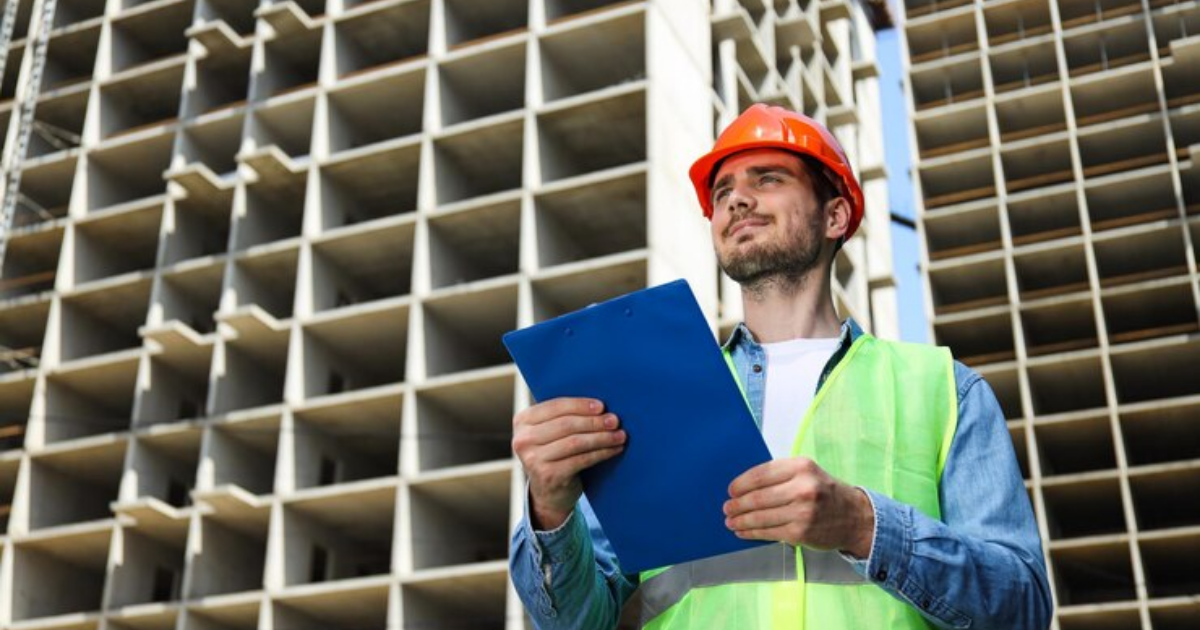Ready-Mix Concrete (RMC) has revolutionized the construction industry. This innovation simplifies the construction process, ensures consistent quality, and enhances efficiency. In this blog, we will explore everything you need to know about RMC in construction, its benefits, applications, and how it has become a cornerstone in modern building practices.
What is RMC in Construction?
Ready-mix concrete, commonly referred to as RMC, is a type of concrete that is manufactured in a batching plant according to a set-engineered mix design. RMC in construction is delivered to the site in a ready-to-use form, eliminating the need for mixing on-site and ensuring uniformity in the composition and quality of the concrete. This method contrasts with the traditional site-mixed concrete, where the ingredients are manually measured and mixed at the construction site.
Benefits of RMC in Construction
1. Consistent Quality
One of the foremost benefits of using RMC in construction is the consistent quality it offers. The concrete is produced under controlled conditions, ensuring that the mix is uniform and adheres to the required specifications. This consistency is difficult to achieve with site-mixed concrete, where variations in the mix can occur due to human error or environmental factors.
2. Time Efficiency
RMC in construction significantly reduces the time required for mixing concrete on-site. Since the concrete arrives ready to use, workers can focus on placing and finishing the concrete, accelerating the construction process. This time efficiency can lead to faster project completion and reduced labor costs.
3. Cost-Effective
Although the initial cost of RMC might be higher than site-mixed concrete, it often proves to be more cost-effective in the long run. The reduction in labor costs, decreased wastage, and lower maintenance costs due to the high quality and durability of RMC contribute to overall savings.
4. Environmentally Friendly
RMC in construction is also considered more environmentally friendly. Centralized mixing reduces dust pollution and noise at the construction site. Moreover, batching plants can optimize the use of materials, reducing wastage and ensuring more sustainable use of resources.
5. Flexibility in Design
RMC can be tailored to meet specific project requirements. Different mix designs can be formulated to achieve desired strength, durability, and workability, making RMC suitable for a wide range of applications in construction.
Applications of RMC in Construction
RMC in construction is used in various applications due to its versatility and reliability. Some of the primary applications include:
1. Residential Buildings
RMC is extensively used in the construction of residential buildings, from single-family homes to multi-story apartments. Its consistent quality and ease of use make it ideal for foundations, slabs, columns, and beams.
2. Commercial Structures
Commercial buildings, such as offices, malls, and hotels, benefit from the strength and durability of RMC. The ability to customize the mix for specific structural requirements ensures that the concrete meets the high demands of commercial construction.
3. Infrastructure Projects
Infrastructure projects, including roads, bridges, and dams, rely heavily on RMC in construction. The large volumes required and the need for uniform quality make RMC the preferred choice for these massive and critical projects.
4. Industrial Facilities
Industrial buildings and facilities, such as factories and warehouses, require durable and robust concrete to withstand heavy loads and harsh conditions. RMC in construction provides the necessary strength and longevity for these demanding environments.
5. Specialized Structures
RMC is also used in the construction of specialized structures, such as tunnels, water treatment plants, and airports. The ability to produce concrete with specific properties makes RMC suitable for these complex and technically challenging projects.
Process of Producing RMC in Construction
The production of RMC in construction involves several steps to ensure the concrete meets the required standards and specifications.
1. Material Selection
The first step is selecting high-quality raw materials, including cement, aggregates (sand and gravel), water, and any necessary admixtures. The choice of materials significantly impacts the final quality of the concrete.
2. Proportioning
Proportioning involves determining the correct mix design to achieve the desired properties of the concrete. This step is crucial for ensuring the concrete’s strength, durability, and workability. The mix design is typically determined based on the project’s specific requirements and standards.
3. Batching
Batching is the process of measuring the raw materials according to the mix design. In a batching plant, the materials are weighed and combined in precise quantities to ensure consistency. This controlled environment minimizes the risk of errors and variations.
4. Mixing
The materials are then mixed in a central mixer to form a homogeneous concrete mix. This step ensures that all components are thoroughly combined, resulting in a uniform and consistent product. The mixing process is closely monitored to maintain quality control.
5. Transportation
After mixing, the RMC is transported to the construction site using transit mixers. These specialized trucks keep the concrete agitated, preventing it from setting during transportation. The concrete is then delivered to the site in a ready-to-use state.
6. Placing
Once on-site, the RMC is placed into the formwork where it is required. Proper placing techniques are essential to avoid segregation and ensure that the concrete fills the forms completely.
7. Compaction
Compaction is necessary to remove any air pockets and ensure the concrete is dense and durable. This step can be performed using vibrators or other compaction tools.
8. Curing
Curing is the final step in the process, where the concrete is kept moist to ensure proper hydration and hardening. Proper curing is crucial for achieving the desired strength and durability.
Challenges and Solutions with RMC in Construction
While RMC in construction offers numerous advantages, it also comes with certain challenges. Addressing these challenges is key to maximizing the benefits of RMC.
1. Logistics and Timing
One of the main challenges with RMC is coordinating the delivery to the construction site. Delays can lead to concrete setting in the transit mixer. Solutions include efficient scheduling, proper route planning, and the use of admixtures that control setting time.
2. Quality Control
Maintaining consistent quality across batches can be challenging. Implementing strict quality control measures at the batching plant, including regular testing of materials and the final product, helps ensure consistency.
3. Environmental Factors
Weather conditions can affect the properties of RMC. For example, high temperatures can accelerate setting, while cold weather can slow down hydration. Using admixtures and protective measures, such as covering the concrete, can mitigate these effects.
4. Cost Management
While RMC can be cost-effective in the long run, the initial cost is higher than site-mixed concrete. Effective project management and accurate estimation of required quantities can help manage costs and reduce wastage.
Conclusion
RMC in construction has transformed the industry by providing a reliable, high-quality, and efficient solution for concrete needs. Its benefits, including consistent quality, time efficiency, cost-effectiveness, and environmental friendliness, make it an indispensable part of modern construction practices. From residential buildings to large infrastructure projects, RMC plays a crucial role in delivering durable and resilient structures.
By understanding the process, applications, and challenges of RMC in construction, stakeholders can make informed decisions and optimize their construction projects. As the industry continues to evolve, the use of RMC is likely to grow, further enhancing the capabilities and sustainability of construction practices.
Hindustan RMC stands out as the premier choice for ready-mix concrete in Ahmedabad. With our QCI RMCMA certification, specialty concrete solutions, commitment to transparency and communication, state-of-the-art testing facilities, and industry-leading certifications and approvals, we are dedicated to delivering unmatched quality and service to our customers. Trust Hindustan RMC to be your reliable partner in building the foundations of your dreams.
Choose Hindustan RMC for your next construction project and experience the difference in quality, reliability, and service.

